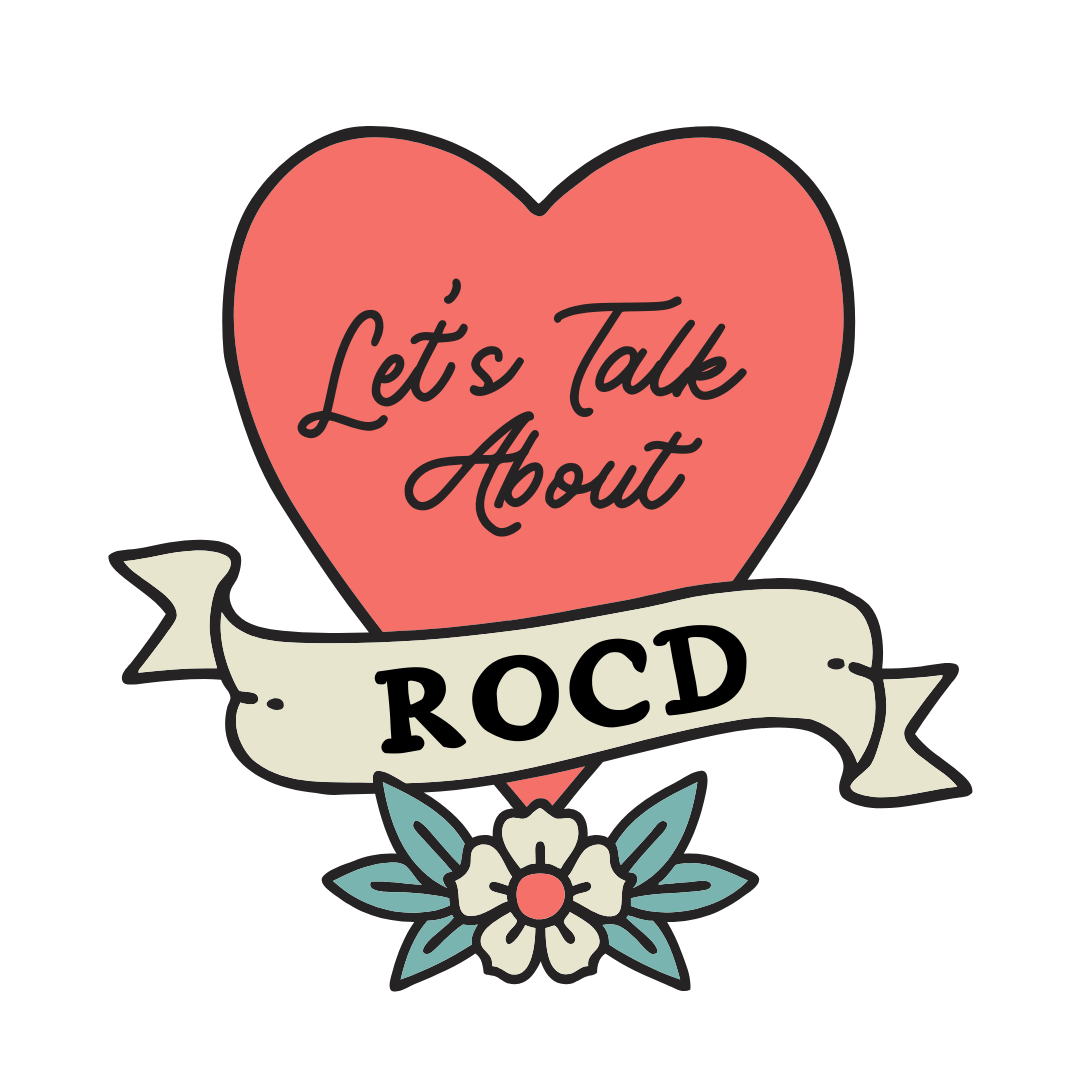
Attention Misled: Why ADHD Deserves a Rebrand
Calling this condition ADHD is like calling a symphony just a bunch of noise. The current name perpetuates myths about the condition that our culture can’t seem to shake. Let me explain.

Understanding Perinatal OCD
In the realm of parenting, the road is often peppered with unexpected twists and turns, even when it comes to our mental health. As we honor Maternal Mental Health Awareness Month this May, let’s shine a light on the challenges faced by parents dealing with perinatal and postpartum obsessive-compulsive disorder.

OCD is a Gaslighter: How to See Through its Bullish*t
While the term "gaslighting" has gained popularity and common usage in recent times, it actually originates from the 1944 film "Gaslight," starring Ingrid Bergman. The plot revolves around a woman manipulated by her husband into believing she's losing her sanity through consistent dimming of lights, loud noises, and staged conversations in the attic, all while insisting she's hallucinating.

Curiosity Over Comfort: Information-Seeking vs. Reassurance-Seeking in OCD
Information-seeking and reassurance-seeking are both natural, normal human behaviors. While they appear similar in action, they are fundamentally distinct, with one driven by curiosity and the other by a desire for comfort; both very beautiful things in life. Overall, neither behavior is fundamentally problematic. In my humble opinion, curiosity alone is almost always beneficial. Comfort and reassurance feel good, fostering connection and a sense of safety. However, for folks on the road of OCD recovery, un-checked reassurance-seeking can become a major snag.

Love, Doubt, and Chocolate: Surviving V-Day with ROCD
It’s almost Valentine's Day! For many folks, V-Day conjures images of hearts, sweetheart candies, flowers, chocolates, and Insta-worthy snapshots. Others may feel lonely, sad, or straight-up indifferent. A select few get the lovely gift of paralyzing doubt, heightened anxiety, fearfulness, constant questioning; amping up their dreaded companion: Relationship OCD (ROCD). How fun. Let’s dive into ROCD and then talk about how to deal this Valentine’s Day.

Anxiety in the East and West
Some Buddhist lineages assert that crux of anxiety is the fear of death. Not always “death” in the ultimate sense such as inhabiting an alive human body versus becoming a deceased one, but that anxiety is the result of resisting due to fear impermanence in general.
The practice of meditation in Buddhism is not to reach some goal of becoming an expert meditator. The practice of meditation in Buddhism is the practice of being present in our lives, which includes seeing things-as-they-are.

Mindfulness Changes Your Brain
The use of mindfulness is not solely a short-term self-soothing technique, but when utilized consistently, it is a type of brain training. Regular practice of mindfulness increases and strengthens the “muscles” of self-awareness and awareness of one's direct experience.

Relationship Obsessive Compulsive Disorder (ROCD)
Relationship Obsessive Compulsive Disorder is a sub-type of OCD centering on preoccupation, doubts (often disabling), and compulsive behaviors regarding one's relationship(s). One suffering from ROCD may experience intense and frequent questioning of the "rightness" of their relationship as well as one's own feelings of love and attraction toward their partner, child, pet, etc. Obsessions might also include feeling not good enough for one's relationships. These intrusive obsessions trigger significant distress, and lead to compulsive behaviors that may offer only temporary relief.

Conversion “Therapy” is not Therapy
Conversion “therapy” is a harmful and discredited practice despite still being legal in over half of US states. This article defines conversion therapy and reviews why conversion therapy is not only ineffective, but deeply harmful, and how you can do something about it.
Note to the Reader: Please be advised that the content of my blogs is intended to provide insight and information, but it is important to understand that they are not intended to replace or serve as a substitute for professional therapy.
